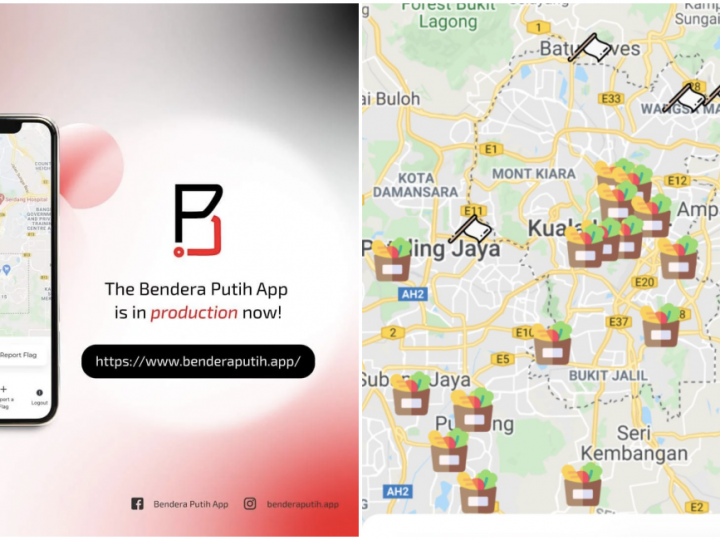PDRM Wants to Take DNA Samples From Babies for Future ID Purposes, Malaysian Bar Says It’s Excessive
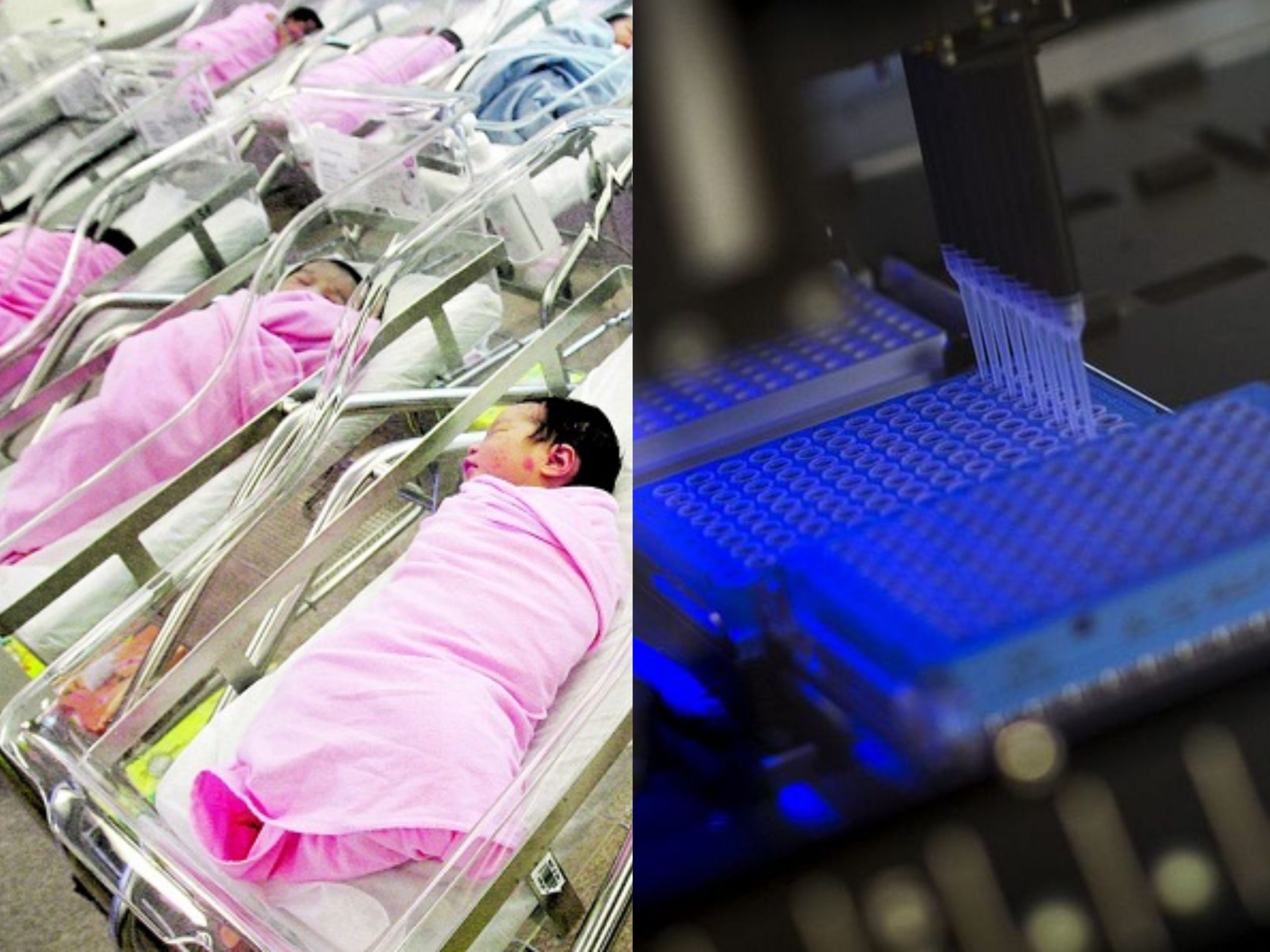 Thirsty for JUICE content? Quench your cravings on our Instagram, TikTok and WhatsApp
Thirsty for JUICE content? Quench your cravings on our Instagram, TikTok and WhatsApp
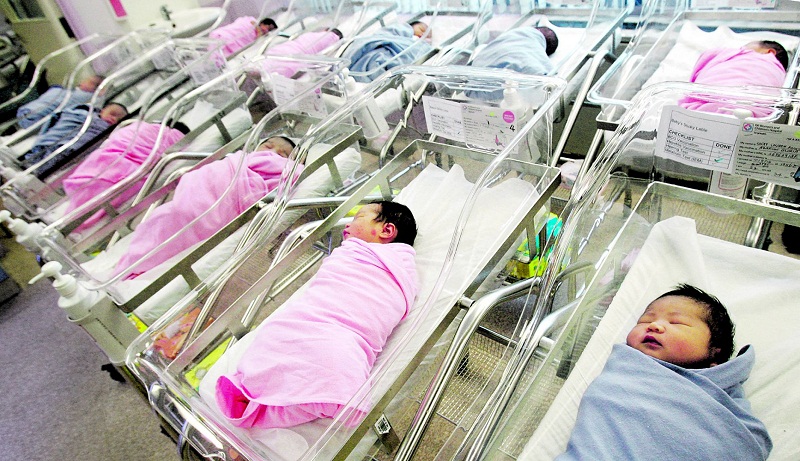
If you could prevent a crime from happening, would you do it if it meant giving up your privacy? The global issue of boundaries where technology and surveillance could enter daily lives has been debated in Malaysia ever since the proposal to take DNA from babies was brought up in 2001.
Last week, Bukit Aman Criminal Investigations Department (CID) director, Datuk Seri Abd Jalil Hassan urged the government to reconsider the proposal that DNA samples of newborn babies be taken and stored in the interest of society.
Jalil said that a DNA databank could be beneficial in providing justice to victims with the availability of DNA profiles in the databank, citing a rape and robbery case which occurred in Cheras in 1999, that was solved through profile matchings from the DNA databank in 2019.
Yesterday, the Malaysian Bar differs by saying that police’s proposal to take DNA samples from newborn babies for identification purposes violates a person’s privacy and civil liberties and may pave the way for more onerous purposes in the future.
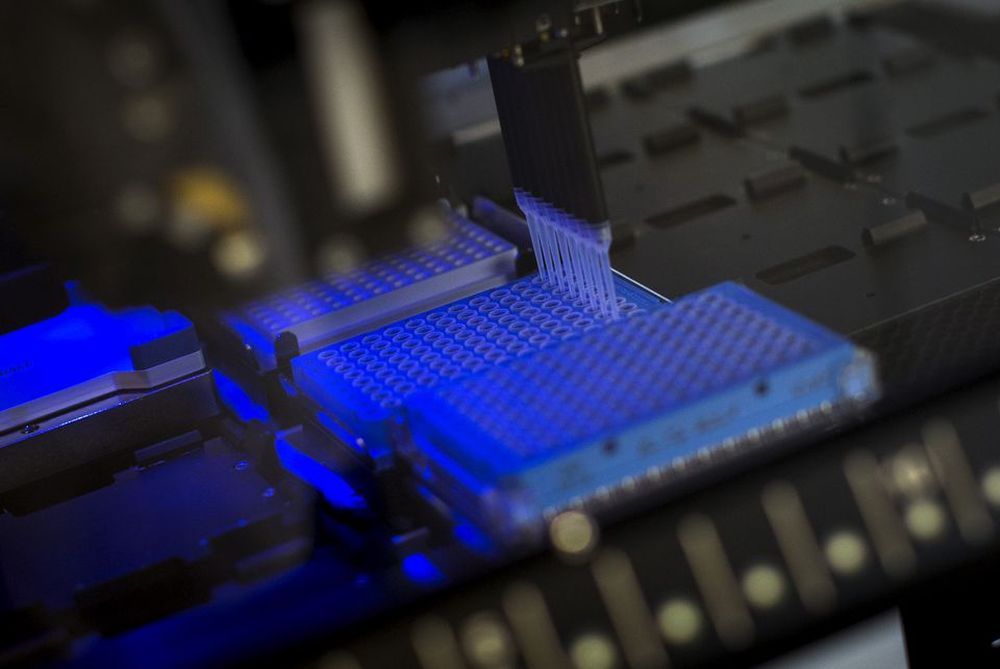
According to Malay Mail, its president A G Kalidas said that the Bar is worried by the proposal.
“This could potentially open Pandora’s Box and may encroach on the privacy and civil liberties of the people, even when one is not suspected of a crime,” he said in a statement.
“Such sensitive and private genetic information of those who are not suspected or convicted of crimes should not be placed in the hands of the police for the reasons stated above, as these are matters that pertain to the bodily integrity and privacy of individuals, and should be respected.
“There is a need for balance between public and private interests, and the Malaysian Bar stands by the view that taking DNA samples from babies to be stored in a databank is incommensurate and disproportionate,” he continued.
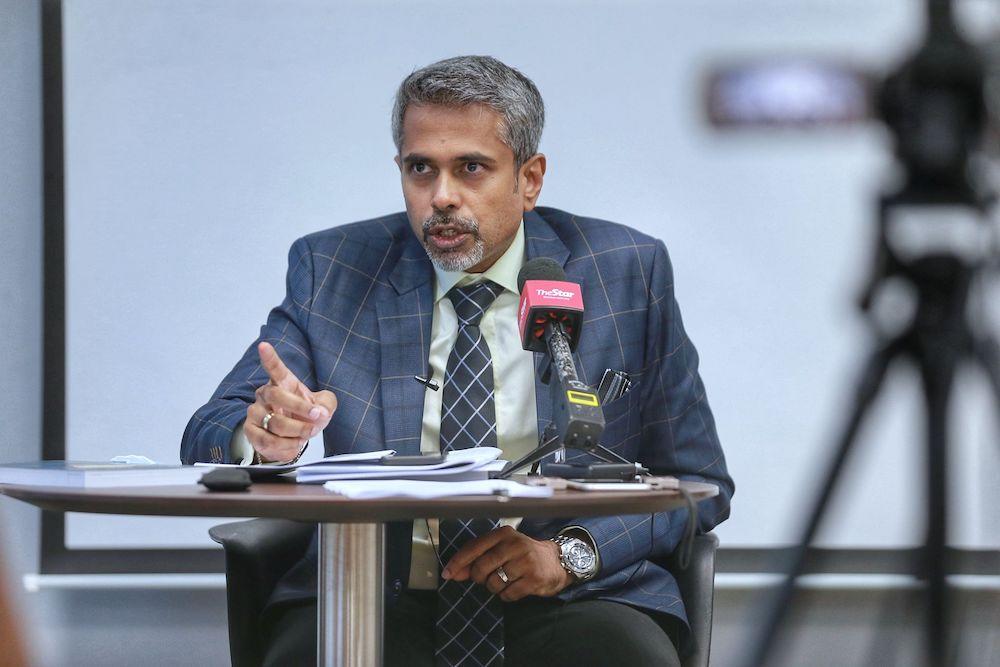
Kalidas also acknowledged the positive side of a DNA databank, saying that Malaysia is currently equipped with a DNA Identification Act 2009 that provides for, among others, the establishment and governance of a DNA databank in Malaysia and that it could be a “great assistance” to the police in solving crimes more quickly.
To refresh, the DNA Identification Act 2009 specifies that DNA can only be taken at the scene of an incident, from suspects, convicts, detainees, drug addicts, missing persons and volunteers.


 Get Audio+
Get Audio+ Hot FM
Hot FM Kool 101
Kool 101 Eight FM
Eight FM Fly FM
Fly FM Molek FM
Molek FM
